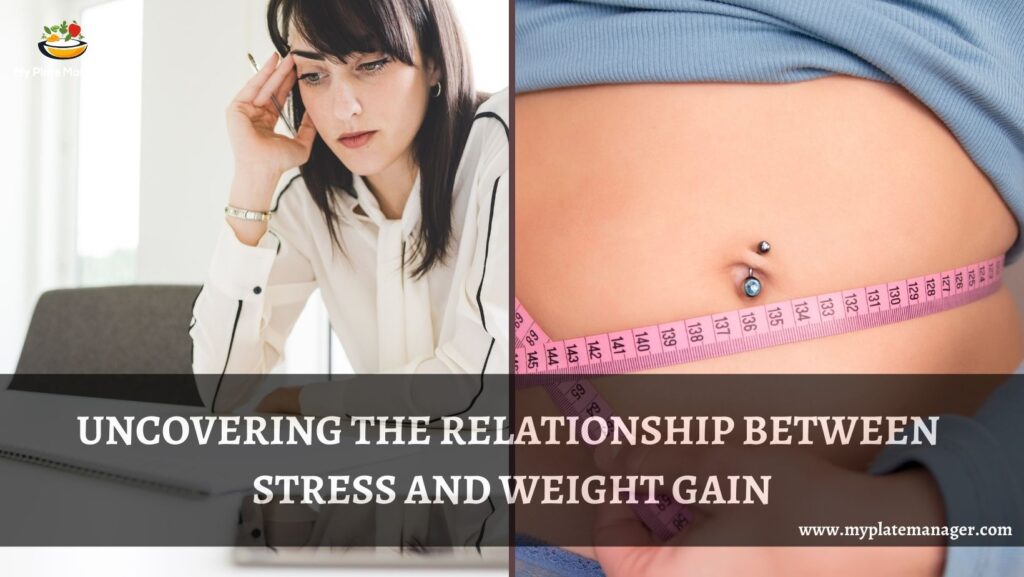Uncovering the Relationship Between Stress and Weight Gain

Stress is a natural response to pressure and can have negative impacts on mental and physical health, as well as emotional and psychological well-being. Many people experience stress in their lives, often due to factors such as job demands, relationships with colleagues, personal goals, and competition. Stress can also lead to unhealthy habits such as overeating, smoking, drinking, and drug abuse and you might need a dietician plan to control it. Physical problems caused by stress can range from common headaches to long-term health issues like digestive problems, ulcers, insomnia, fatigue, high blood pressure, nervousness, heart disease, strokes, and even cancer. Stress can also cause emotional disturbances such as anxiety, anger, depression, irritability, frustration, over-reaction to everyday problems, memory loss, and a lack of concentration. Psychological problems that can result from stress include withdrawal from society, phobias, compulsive behaviors, eating disorders, and night terrors.
Stress Management
Managing stress effectively requires making significant changes to behavior, including adopting a healthier lifestyle and adopting a more positive attitude. Stress can lead to eating disorders and addictions, so properly managing one’s diet is an important part of stress management. Ensuring that the body is well-nourished can help to reduce the negative effects of stress.
Eating in Stress
During times of stress, it is common for people to turn to unhealthy, processed and fast foods, stimulants, and addictions. These choices can actually worsen the feeling of stress. Another issue that may arise during periods of stress is overeating.
How dietician plans and best dietician helps you in weight loss
If you have gained weight due to stress, a nutritionist or dietician can help you develop a plan to achieve your weight loss goals. These professionals are trained to provide expert guidance on how to make healthier food choices that support weight loss and overall wellness.
One of the first steps a nutritionist or dietician may take is to assess your current diet and identify areas for improvement. They may recommend cutting back on sugary and processed foods, which are often high in empty calories and contribute to weight gain. Instead, they may suggest focusing on whole, unprocessed foods that are rich in nutrients and provide sustained energy. This might include plenty of fruits and vegetables, whole grains, lean proteins, and healthy fats. If you have PCOS, you can take help from Binny Choudhry as she is one of the best nutritionist for PCOS..
The best dietician for weight loss can also help you learn how to balance your meals and snacks to support weight loss. They can teach you how to portion your food correctly, ensuring that you are getting the right amount of nutrients and calories to meet your needs. They may also recommend strategies for reducing portion sizes, such as using smaller plates or measuring out servings of certain foods.
In addition to helping you make healthier food choices, a nutritionist or dietician can also provide guidance on how to manage stress in a healthy way. They may suggest incorporating stress-reducing activities such as meditation, yoga, or exercise into your daily routine. They can also provide support and encouragement as you work towards your weight loss goals, helping you to stay motivated and on track.
Overall, a nutritionist or dietician can be a valuable resource for anyone looking to lose weight that was gained due to stress. With their expertise and support, you can develop a healthy, sustainable plan for achieving your weight loss goals and improving your overall well-being. So, if you want to lose weight that was gained due to stress, consider working with a nutritionist or dietician to develop a personalized plan that meets your needs and supports your overall health and well-being.
